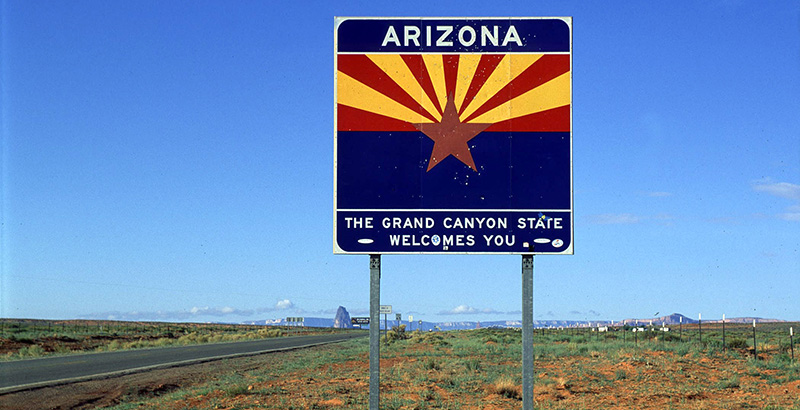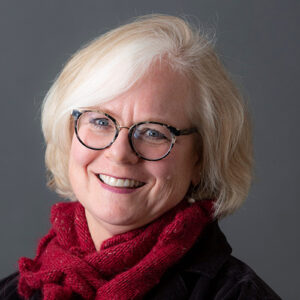Rhim: How the ACLU’s New Report on Special Education Can Help Arizona Charter Schools Better Serve Kids With Disabilities

A recently published American Civil Liberties Union report about Arizona charter schools raises concerns about the extent to which students with disabilities in the state are being extended the same degree of school choice as their peers without disabilities. In particular, the report finds that some school policies cap the enrollment of students with disabilities, an alarming finding and an egregious violation of federal civil rights statutes. The report extends and fuels the ongoing debate regarding whether charter schools nationwide welcome students with disabilities.
Providing special education services is a challenge for all schools, not just charters. It requires appropriate funding and technical expertise, which for the most part are insufficient for schools around the country. Although all public schools receive additional funding explicitly for the purpose of providing special education and related services, I have yet to visit a public school, traditional or charter, that did not bemoan the disconnect between the dollars they receive and the responsibilities associated with ensuring that students with disabilities are provided a free and appropriate education in the least restrictive environment.
However, in line with their responsibilities, public schools enroll and educate students with disabilities, which nationally represent roughly 12.5 percent of all students. Providing these services is a critical aspect of their publicness, a responsibility to uphold civil rights and educate students in their community.
The ACLU is a credible organization that does important work to advocate for and protect the rights of marginalized individuals. Although the most egregious issues in the report were documented in just a handful of Arizona schools, and the analysis did not examine the practices of traditional public schools — which do not always welcome or provide adequate supports to students with disabilities either — both opponents and proponents of charter schools should pay attention to the ACLU’s findings and recommendations.
For instance, the ACLU recommends that schools:
- communicate that there is not a cap on the number of students with disabilities who can enroll;
- outline in enrollment documents that the school will provide special education services;
- avoid conditioning enrollment on receipt of special education materials; and
- make enrollment materials accessible to parents and students with disabilities.
The ACLU also recommends that authorizers communicate charter schools’ responsibilities related to students with disabilities, audit school enrollment policies annually, and withhold charter renewals if schools have exclusionary admission or enrollment requirements, and also that the state education agency ensure that authorizers are fulfilling their responsibilities.
These recommendations are exceedingly modest, as are the others in the report.
Federal law requires that students with disabilities not be excluded from participating in any program or activity due to their disability. All school leaders, including Arizona charter school authorizers, must ensure that policies explicitly excluding students are not tolerated in any schools. As demonstrated in places such as Colorado, Massachusetts, and Washington, D.C., where authorizers have been proactive about ensuring that charter schools welcome students with disabilities, it is possible to operate high-performing charter schools that comply with civil rights statutes.
In 2016–17, there were an estimated 547 charter schools operating in Arizona, serving an estimated 180,000 students. This represents 15 percent of public school students in the state. Both federal and Arizona state laws, as well as related guidance, are clear regarding charter schools’ obligations to enroll students with disabilities.
I’ve visited more than 100 charter schools around the country, many of which are doing an excellent job of closing the achievement gap in their communities. Students with disabilities need the same opportunities to exercise school choice as their peers without disabilities.
The recommendations outlined in the ACLU report are eminently reasonable and potentially a blueprint to help parents, charter school operators, charter school authorizers, and the Arizona Department of Education collectively take steps to ensure that Arizona charter schools fulfill their potential related to equity.
Lauren Morando Rhim is executive director and founder of the National Center for Special Education in Charter Schools, based in New York City.
Help fund stories like this. Donate now!

;)
